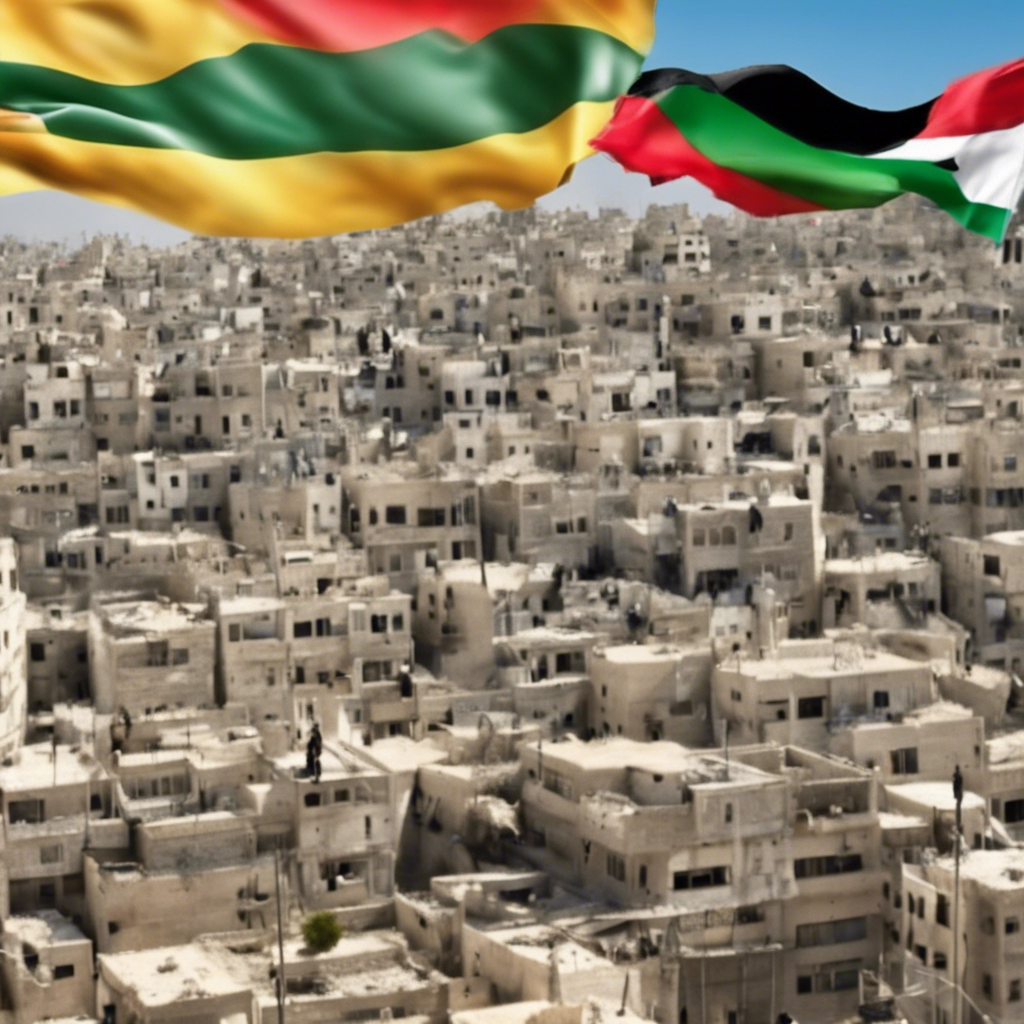The Uncertain Future of Palestinian Politics: Can the PA Return to Gaza?

The possibility of the Palestinian Authority (PA) returning to govern Gaza is being considered as Israel aims to destroy Hamas. However, the question remains whether the PA can regain control and if Palestinians would accept it.
The political landscape in Palestine has been divided since 2007 when Hamas wrested control of Gaza from the Palestinian Authority (PA). As Israel intensifies its assault on Gaza in retaliation for Hamas attacks, the possibility of the PA returning to govern the enclave is being discussed. However, the question remains whether the PA can regain control and if Palestinians would accept its return.
Gaza under Hamas
Under the rule of Hamas, the Gaza Strip has been subjected to frequent assaults, economic hardship, and isolation. The recent Israeli offensive aims to completely destroy Hamas, leading to speculation about the potential return of the PA to Gaza.
Collusion vs. confrontation
The divide between Fatah, the dominant faction within the PA, and Hamas lies in their differing approaches to the Palestinian cause. Fatah focuses on cooperation with Israel, while Hamas adopts a confrontational stance. The PA’s support base in the West Bank relies on a transactional relationship with Israel, while Fatah factions in Gaza remain divided between loyalty to Abbas and former Fatah leader Mohammed Dahlan.
The post-war question
Fatah expresses a desire for unity with Hamas, but previous attempts at reconciliation have failed. The United States sees a unified Palestinian entity controlling both Gaza and the West Bank as a desirable outcome. This entity would accept Israel’s existence and resume negotiations based on the Oslo Accords. However, some argue that a new agreement should replace the Oslo Accords, as Palestinians feel they made too many concessions. The future of Hamas is a significant factor, as it is deeply entrenched in Palestinian society and cannot be eliminated.
The PA’s waning popularity
The PA’s government in the West Bank is seen by many Palestinians as colluding with Israel. Frustration with Abbas’s leadership stems from his perceived weakness in advancing peace processes and not advocating strongly against Israeli practices. PA security practices in the West Bank have also been criticized as heavy-handed, although Fatah distances itself from the PA and maintains that it does not have contact with Israel.
‘The beginning of the end’?
The likelihood of the PA returning to govern Gaza remains uncertain. The PA already manages certain aspects of life in Gaza, such as health and education ministries. Fatah opposes a future without Hamas and emphasizes the need for legislative elections that secure a path to a two-state solution. The US supports the return of the PA in Gaza to buy time for Israel to finish its military operations and maintain regional alliances. However, the outcome depends on whether Hamas can be defeated, which is still uncertain.
Conclusion: The future of Palestinian politics hangs in the balance as Israel’s assault on Gaza continues. The question of whether the PA can return to govern Gaza and if Palestinians would accept it remains unanswered. The deep divide between Fatah and Hamas, as well as the PA’s perceived collusion with Israel, further complicates the situation. The outcome of the ongoing conflict will shape the future political landscape in Palestine and determine the role of the PA in Gaza.










